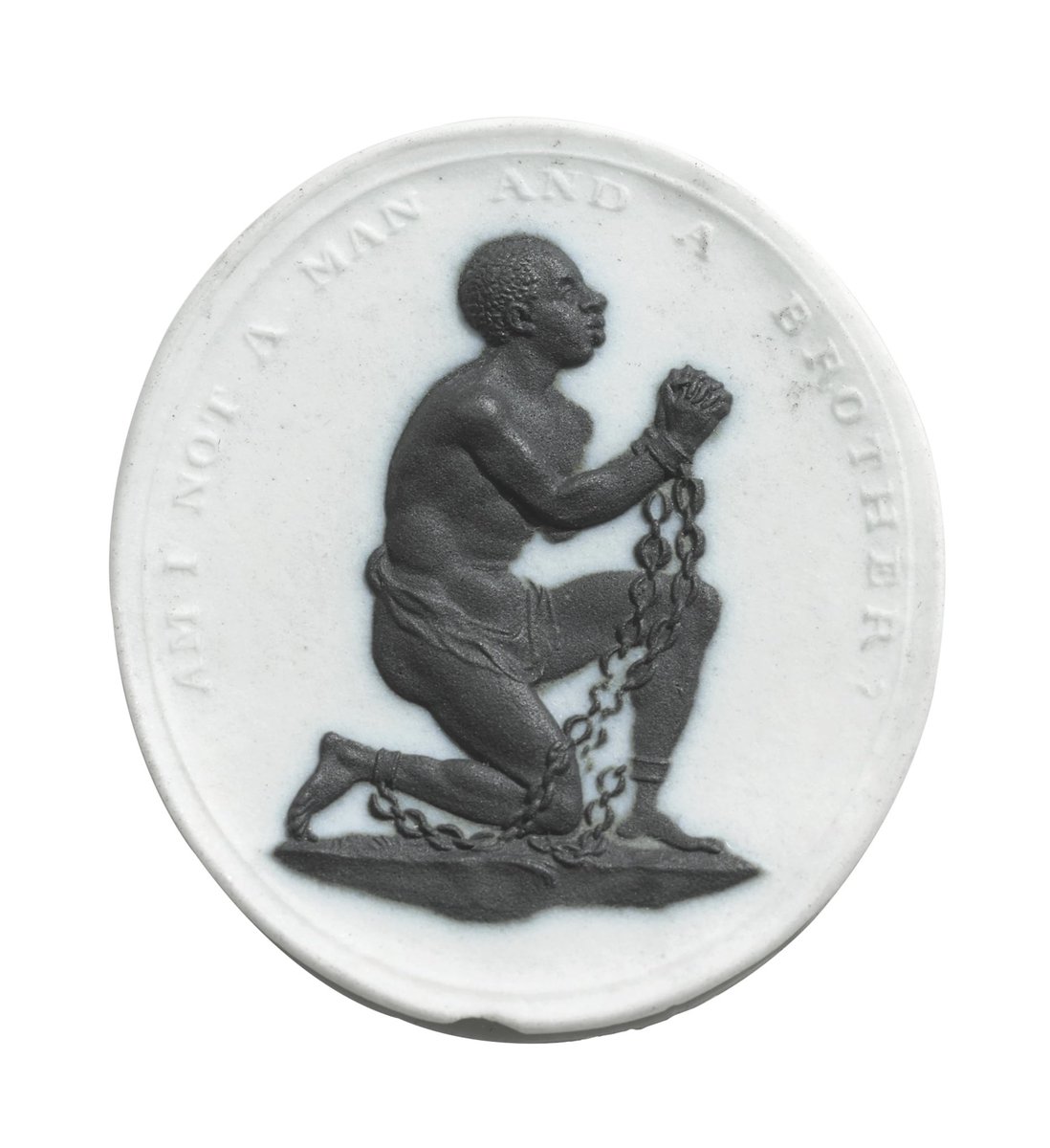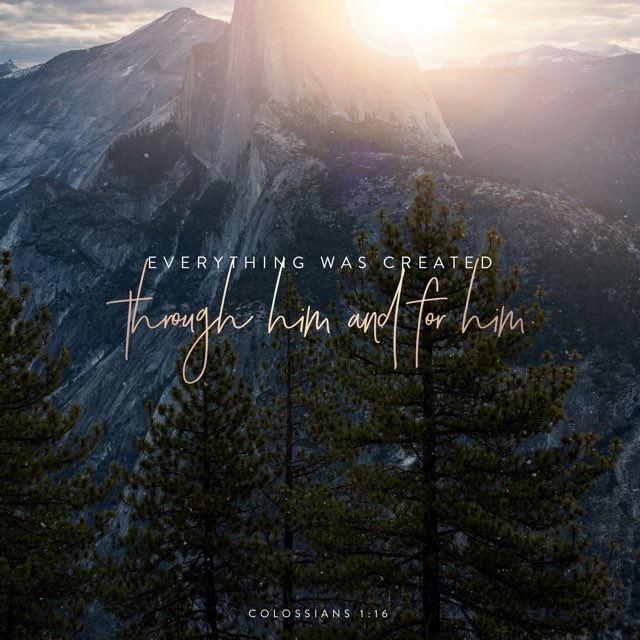“Goldfish might not know the chemical composition of H20, but it's still central to their lives. In the same way, I'm guessing that the [following] concerns …resonate with you: equality, compassion, consent, enlightenment, science, freedom and progress…” 

“…None of these values are self-evident, nor are they widespread among the civilisations of the world. So where did they come from, and how did they get to become "the air we breathe"?
We can answer that question in one word, in two sentences or in ten chapters…”
We can answer that question in one word, in two sentences or in ten chapters…”
“The one-word answer is: Christianity. The two-sentence answer goes something like this:
The extraordinary impact of Christianity is seen in the fact that you don't notice it…”
The extraordinary impact of Christianity is seen in the fact that you don't notice it…”
“You already hold particularly "Christian-ish" views, and the fact that you think of these values as natural, obvious or universal shows how profoundly the Christian revolution has shaped you.”
So says @glenscrivener, p13, in “The Air We Breathe”
So says @glenscrivener, p13, in “The Air We Breathe”
Friedrich Nietzsche’s explanation:
"Christianity has taken the part of all the weak, the low, the botched; it has made an ideal out of antagonism to all the self-preservative instincts of sound life." [The Anti-Christ]
"Christianity has taken the part of all the weak, the low, the botched; it has made an ideal out of antagonism to all the self-preservative instincts of sound life." [The Anti-Christ]
“If natural selection means the survival of the fittest and the sacrifice of the weakest, Christianity is about the sacrifice of the Fittest (Jesus Christ) for the survival of the weakest (us). It is a moral revolution, confounding the Nietzsches of the world” @glenscrivener p65
He says: “In the Gospels (the biographies of Christ's life), the word that describes Jesus' emotional life more than any other is "compassion"…“Compassion describes the life of Christ, and it’s meant to describe the life of the Christian… incredibly strange… to Roman ears.”
“Jesus is Pity with a capital P. He entered the pitiless realm of nature and suffered its brutalities. Yet in love, he chose the cross. And it was on the cross that Christ, the Fittest, was sacrificed for us, the weakest, so that we, the weakest, might survive…” (p75) #thankful
“It is wrong to impose your views on others” - @glenscrivener, p116 ‘The Air We Breathe’ 

Self-evident? Yet the Declaration must invoke an “endowment” of human rights by their Creator! And the principal author, Thomas Jefferson, with his rejection of supernatural Christianity, was the owner of 600 slaves. 

Abraham Lincoln and Martin Luther King, who both endorsed the Declaration’s sentiments, would in their speeches, “weave together the declaration and Scripture because, in truth, without biblical foundations Jefferson’s words are faintly absurd”, @glenscrivener, p151!
Slavery fell away in ‘Christian’ Europe during the Middle Ages, for various reasons, including spiritual beliefs. When the evil erupted again with European conquests of the Americas, the Christian imperialists sought to justify it by appealing to Aristotle not the Church Fathers!
With the involvement of Christians in slavery, as with church abuse or the Crusades or the Spanish Inquisition, the evil is judged by the good they claimed to honour.
And it was undoubtedly a Christian coalition with Wilberforce, using undoubtedly Christian arguments, over decades of campaigning that won.
#Wedgwood “Am I not a man and a brother?”
#Wedgwood “Am I not a man and a brother?”

When abolition spread from Protestant Britain to lands of other religions, diplomacy required new language, with slavery now not a crime against the Creator or Christ, but a “crime against humanity”, says @glenscrivener, referencing Tom Holland.
• • •
Missing some Tweet in this thread? You can try to
force a refresh

















